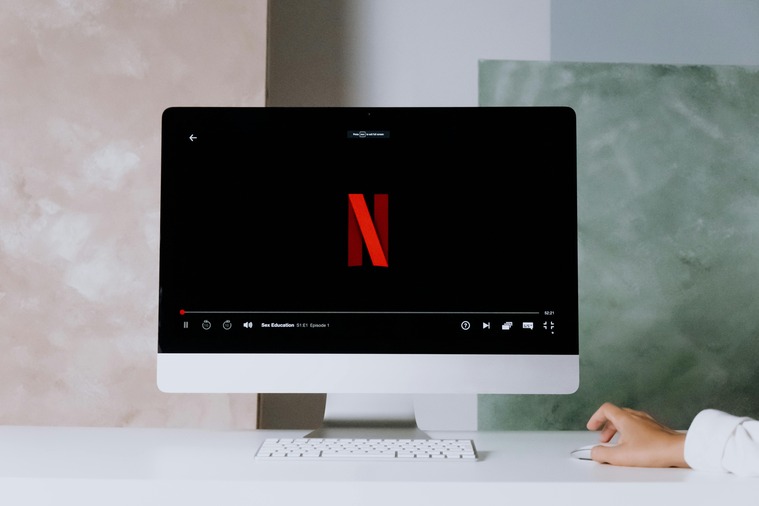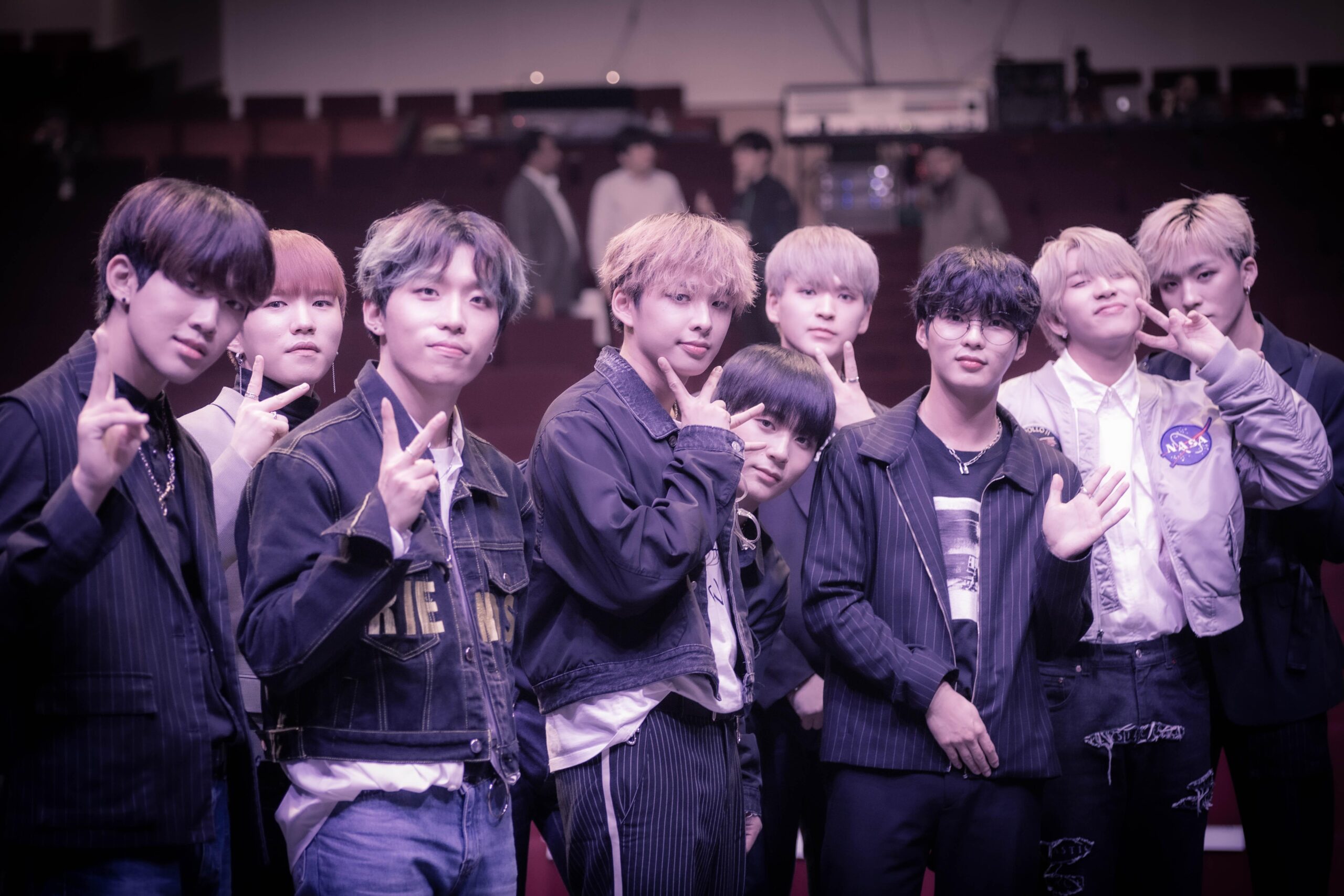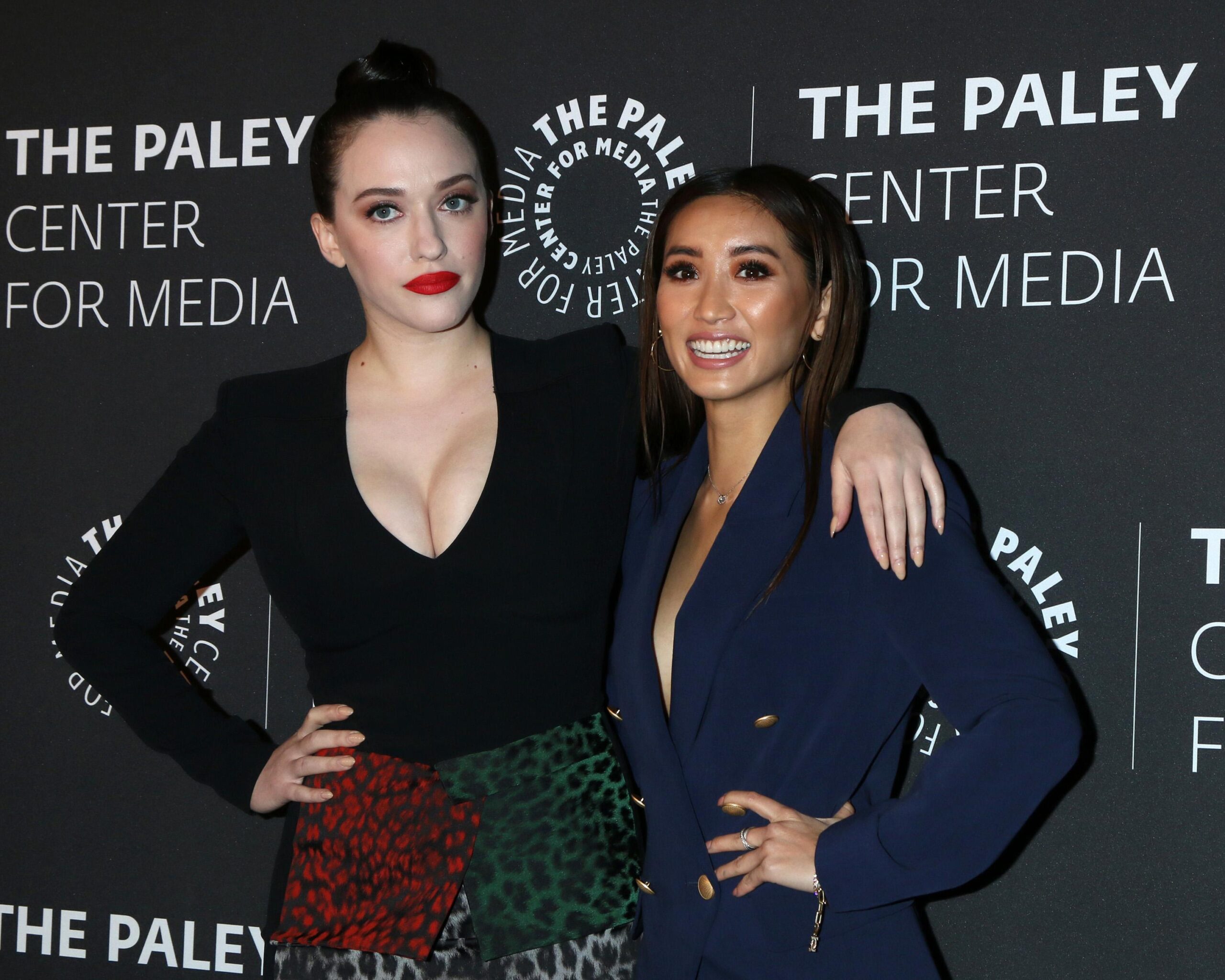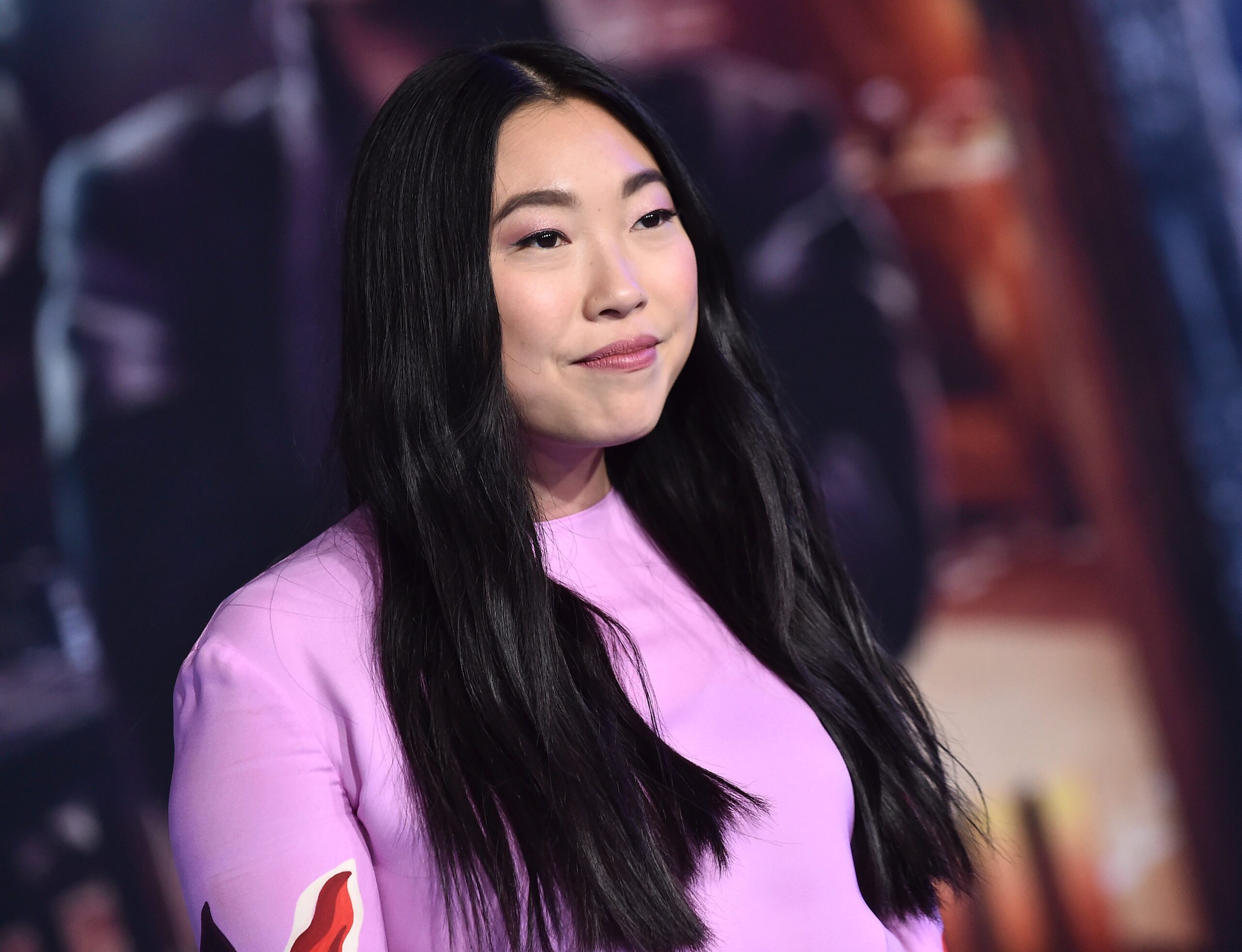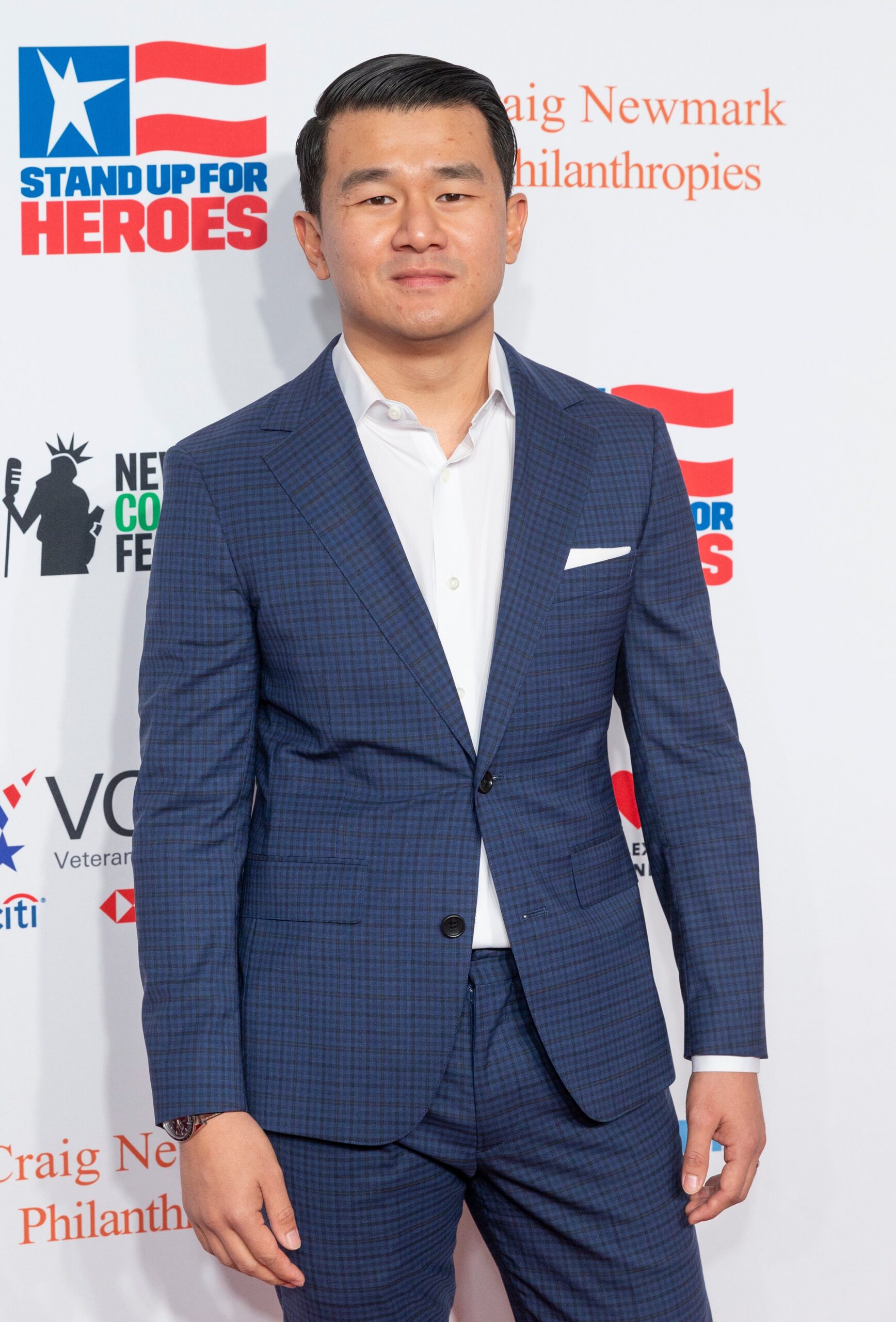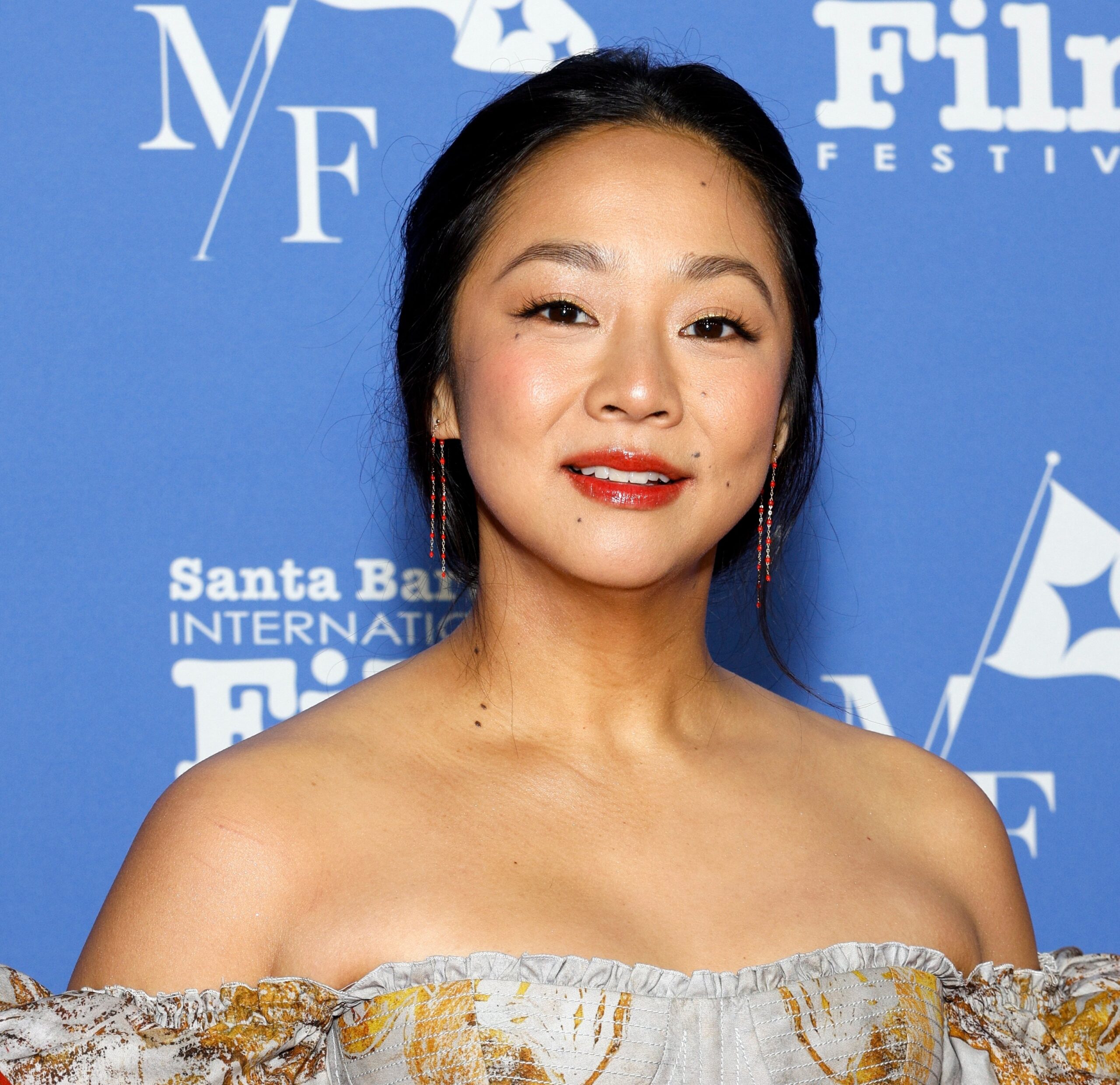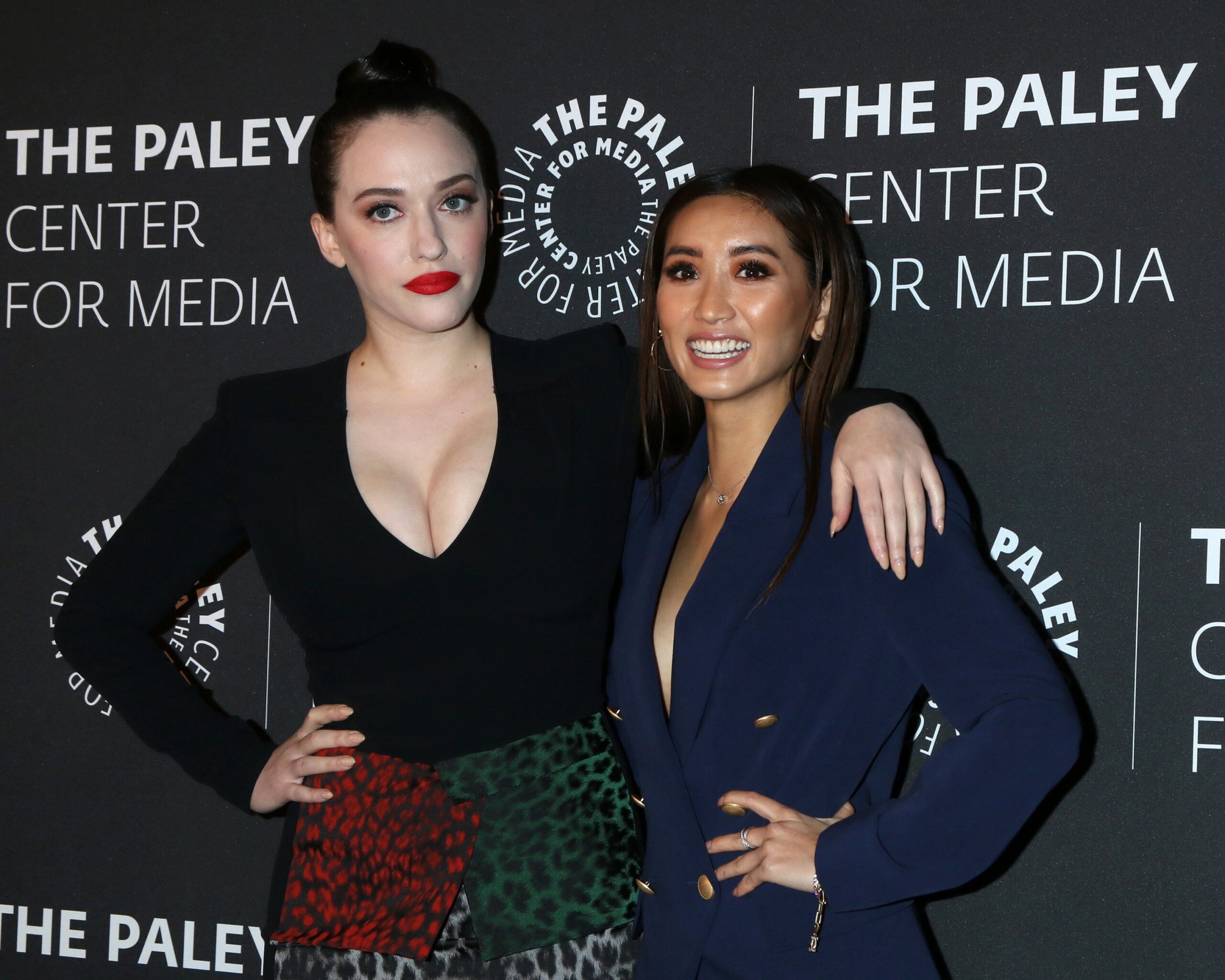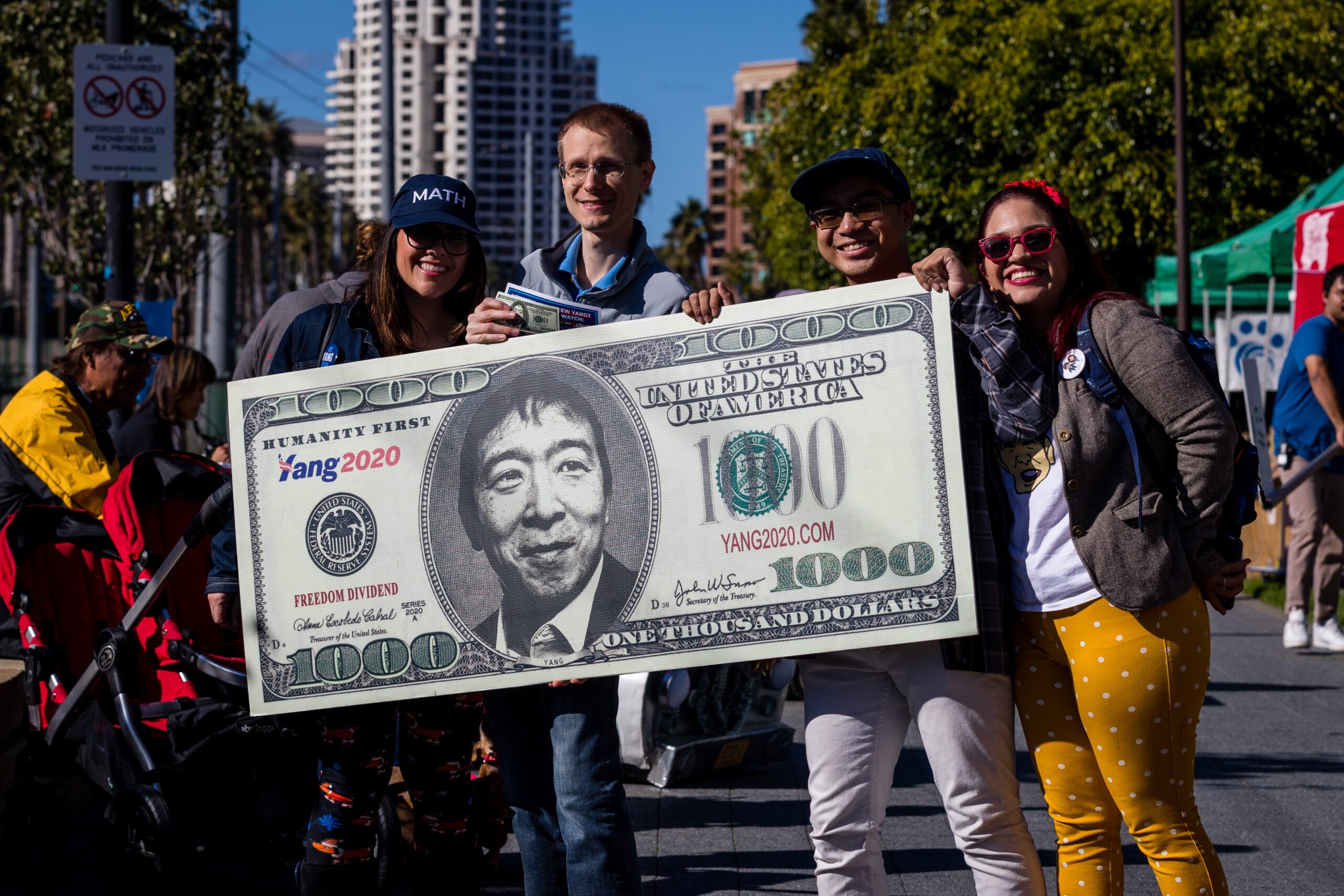In case you had no childhood and don’t know, Brenda Song is a 33-year-old actress known for playing early prototypes of the manic pixie dream girl on kid’s shows like Nickelodeon’s 100 Deeds for Eddie McDowd and Disney Channel’s The Suite Life of Zack & Cody. Brenda Song is NOT, however, a 42-year-old racist banshee who […]
